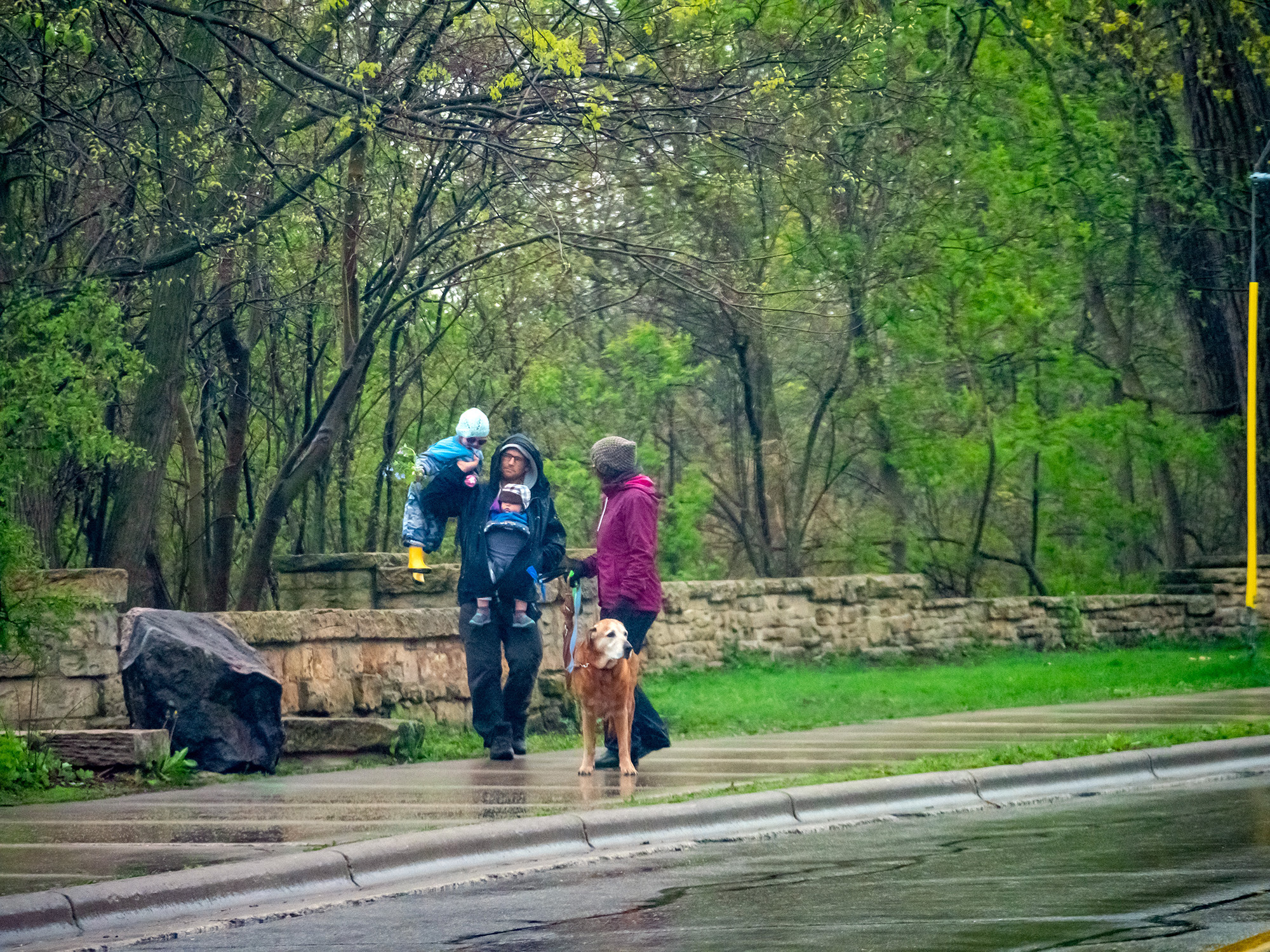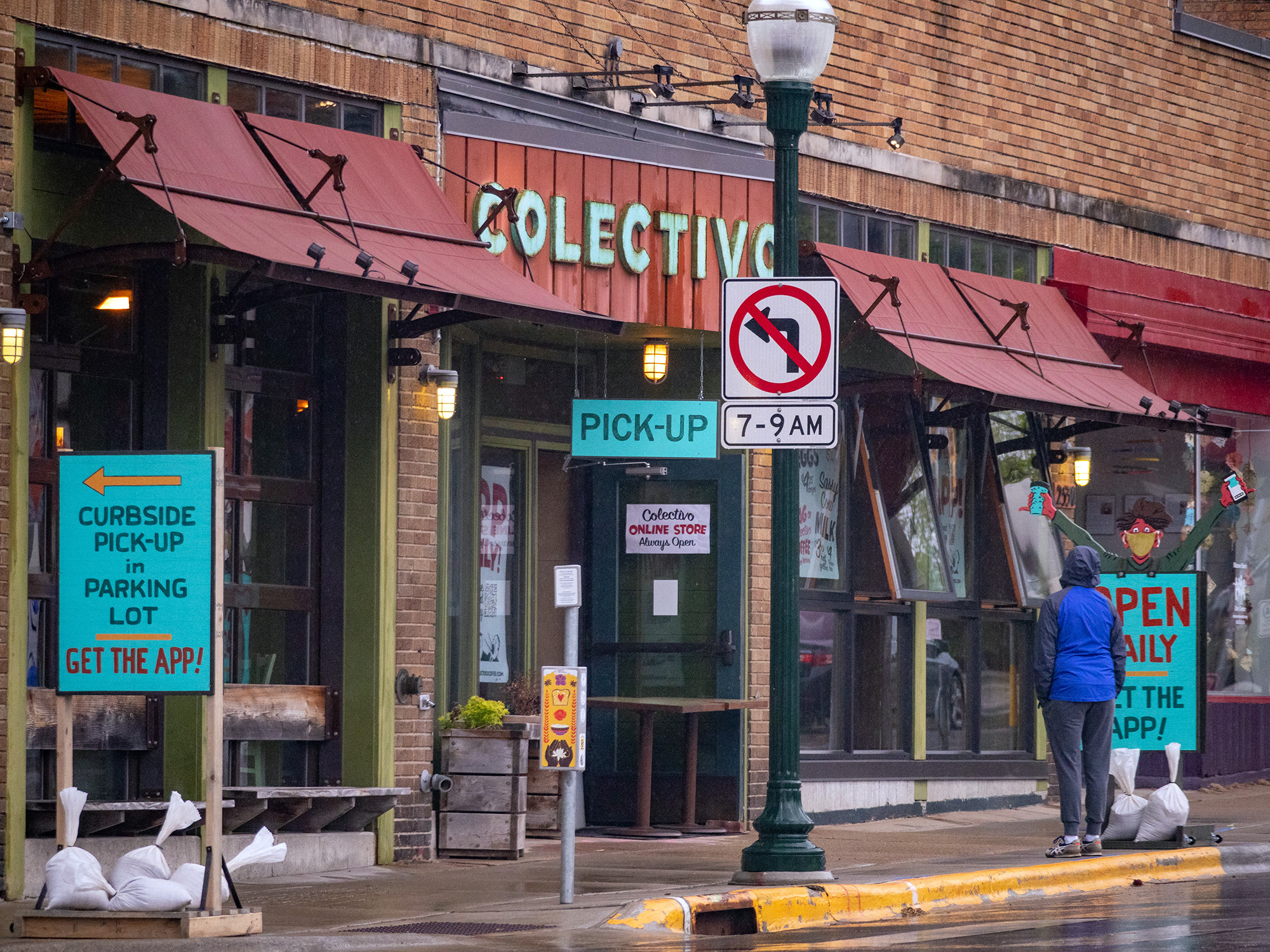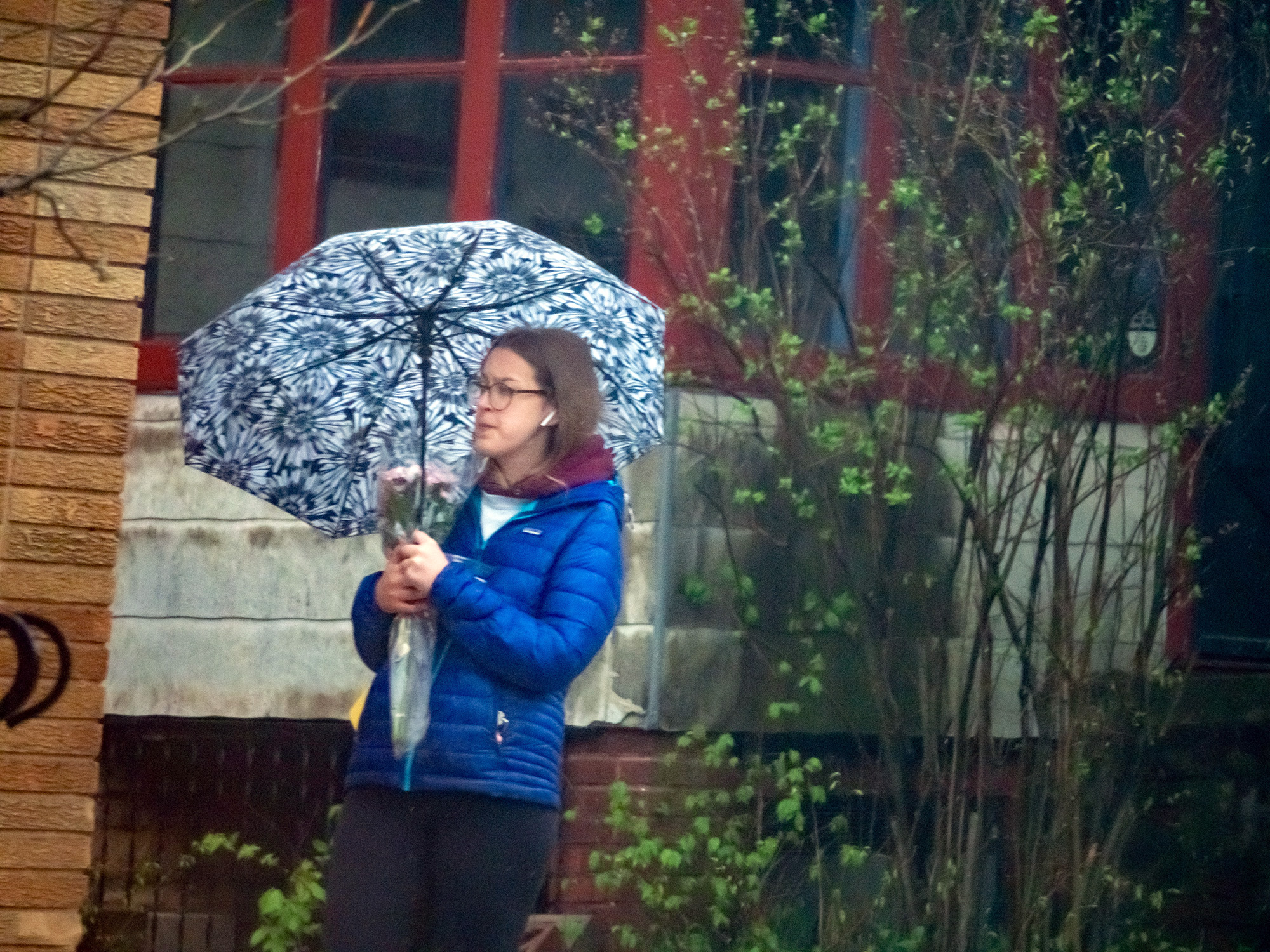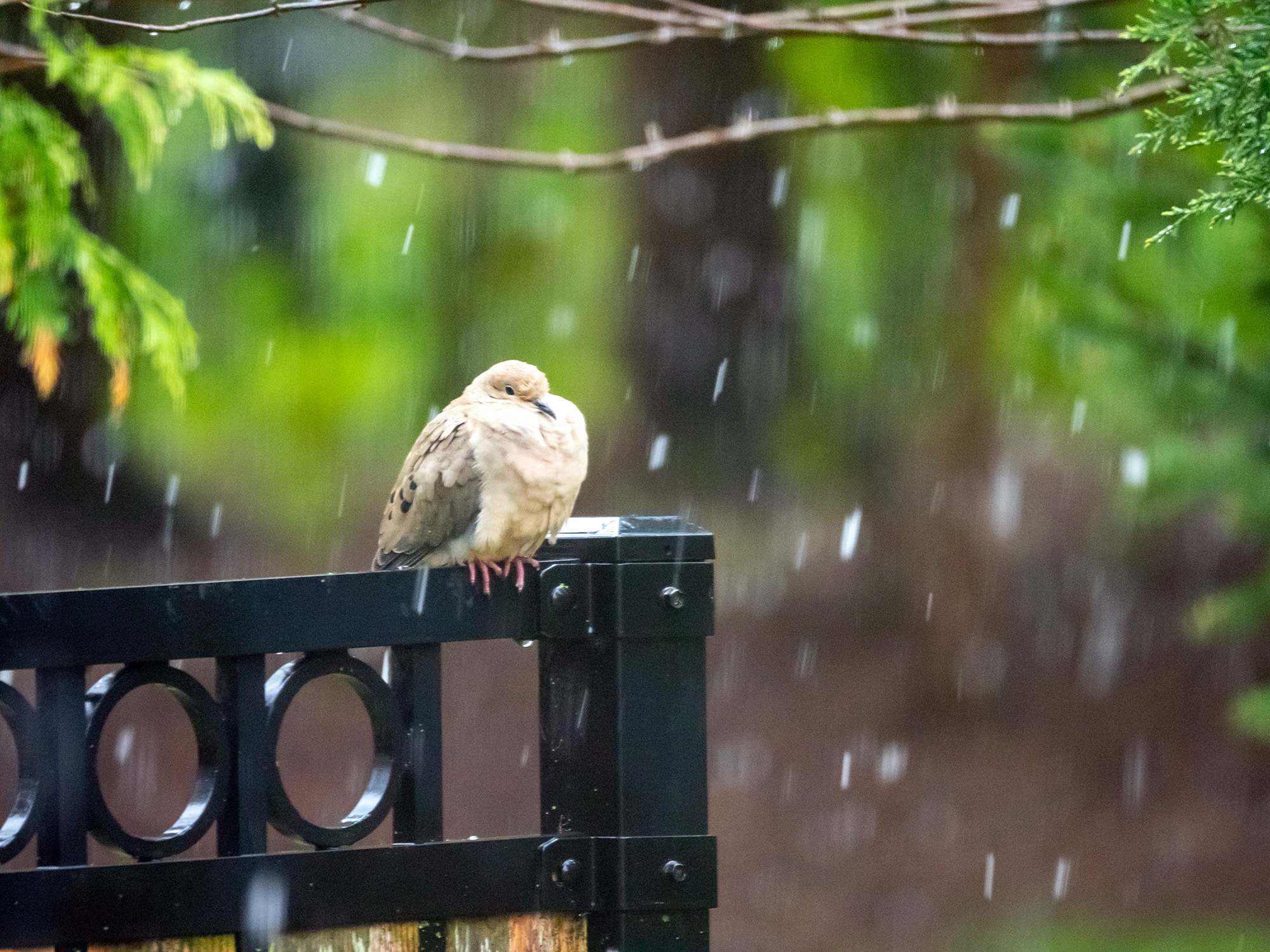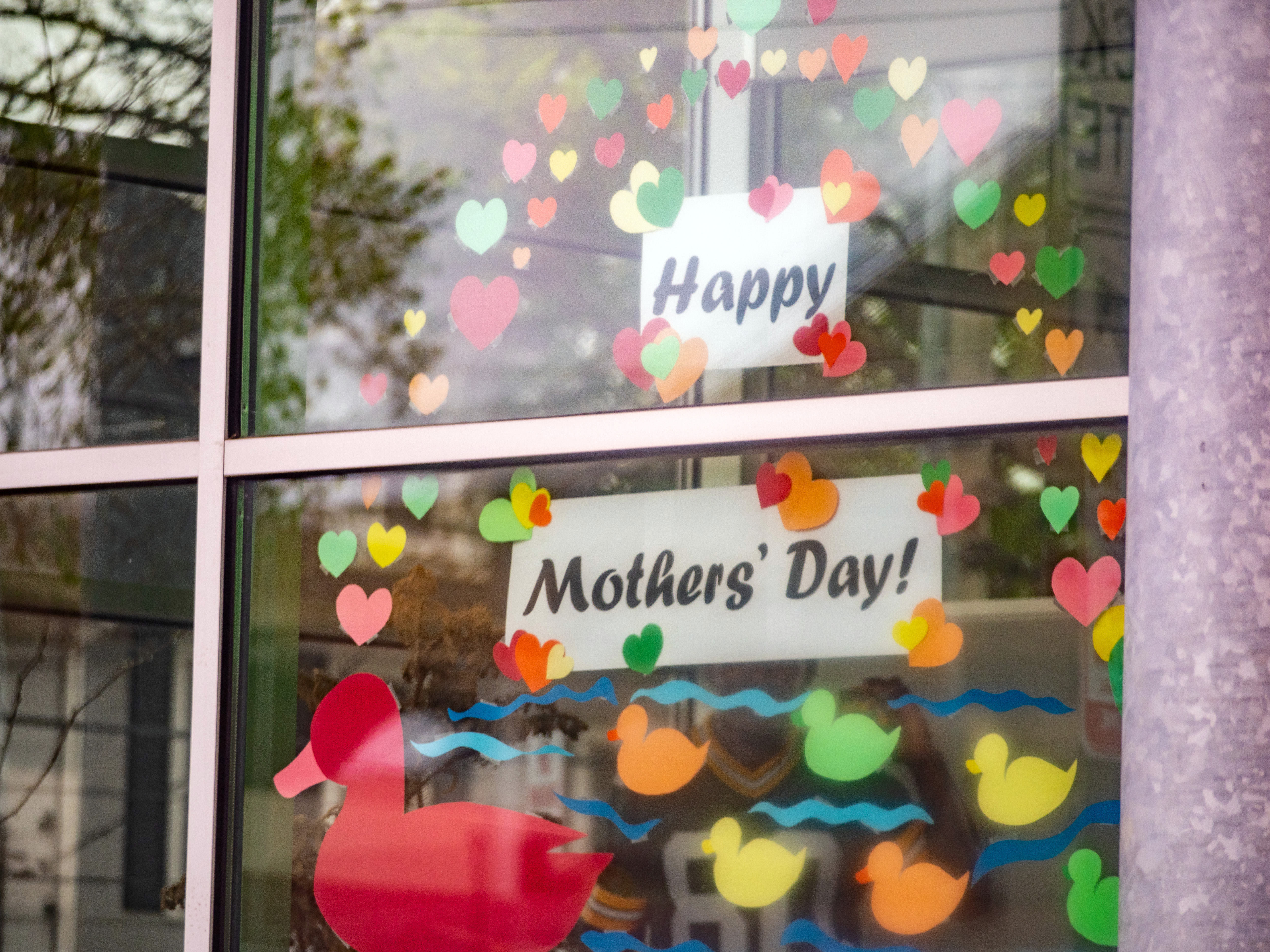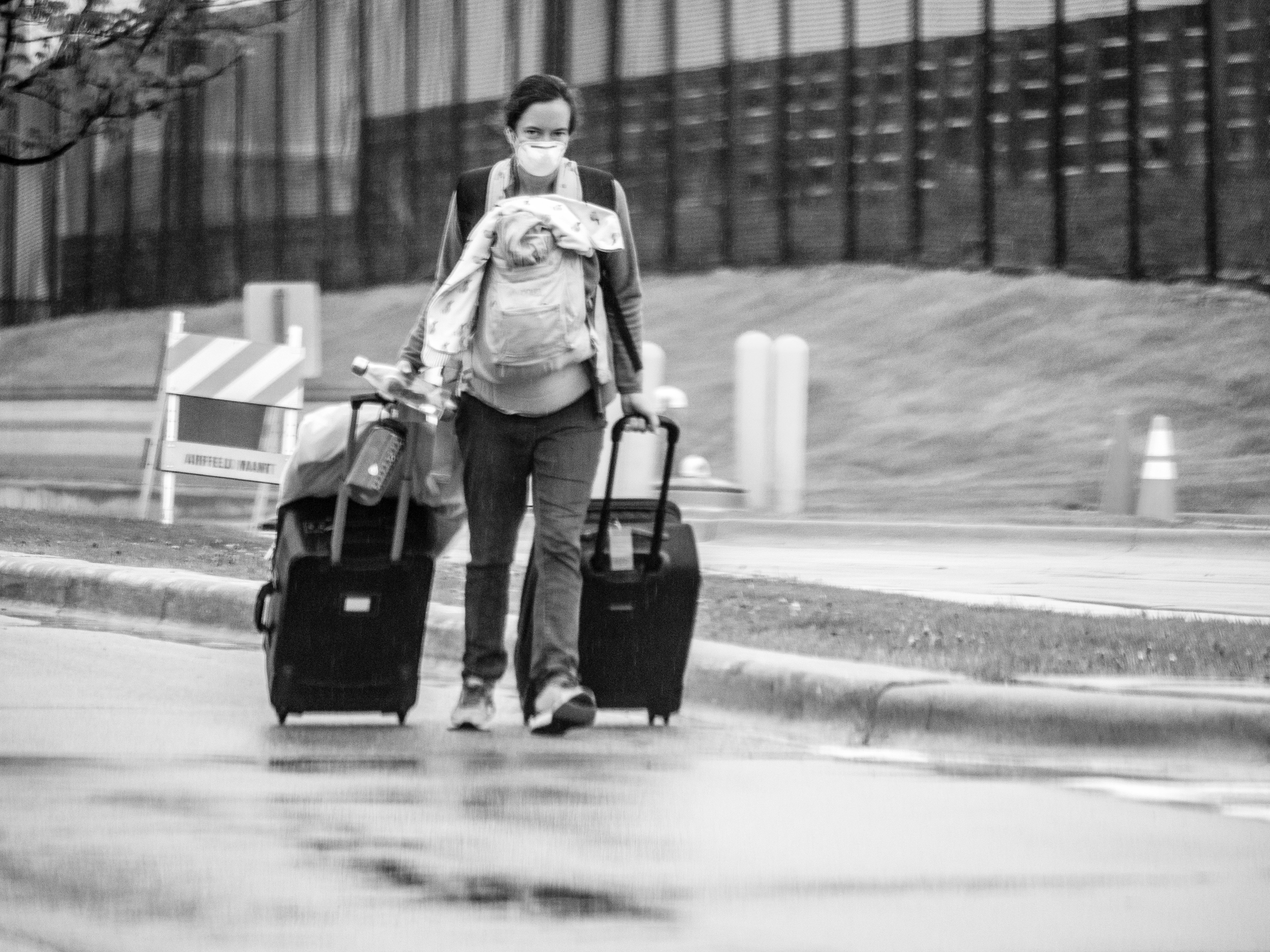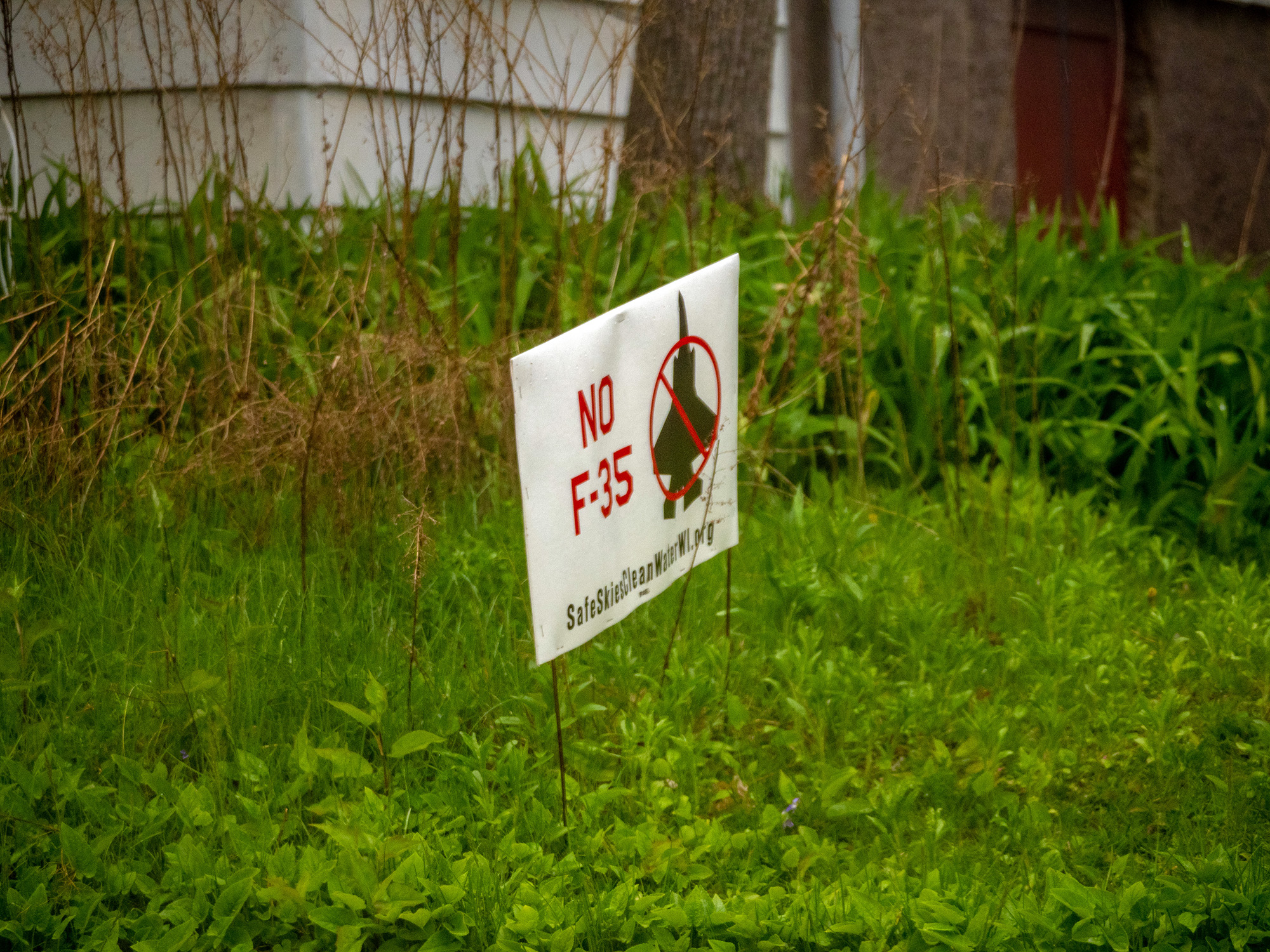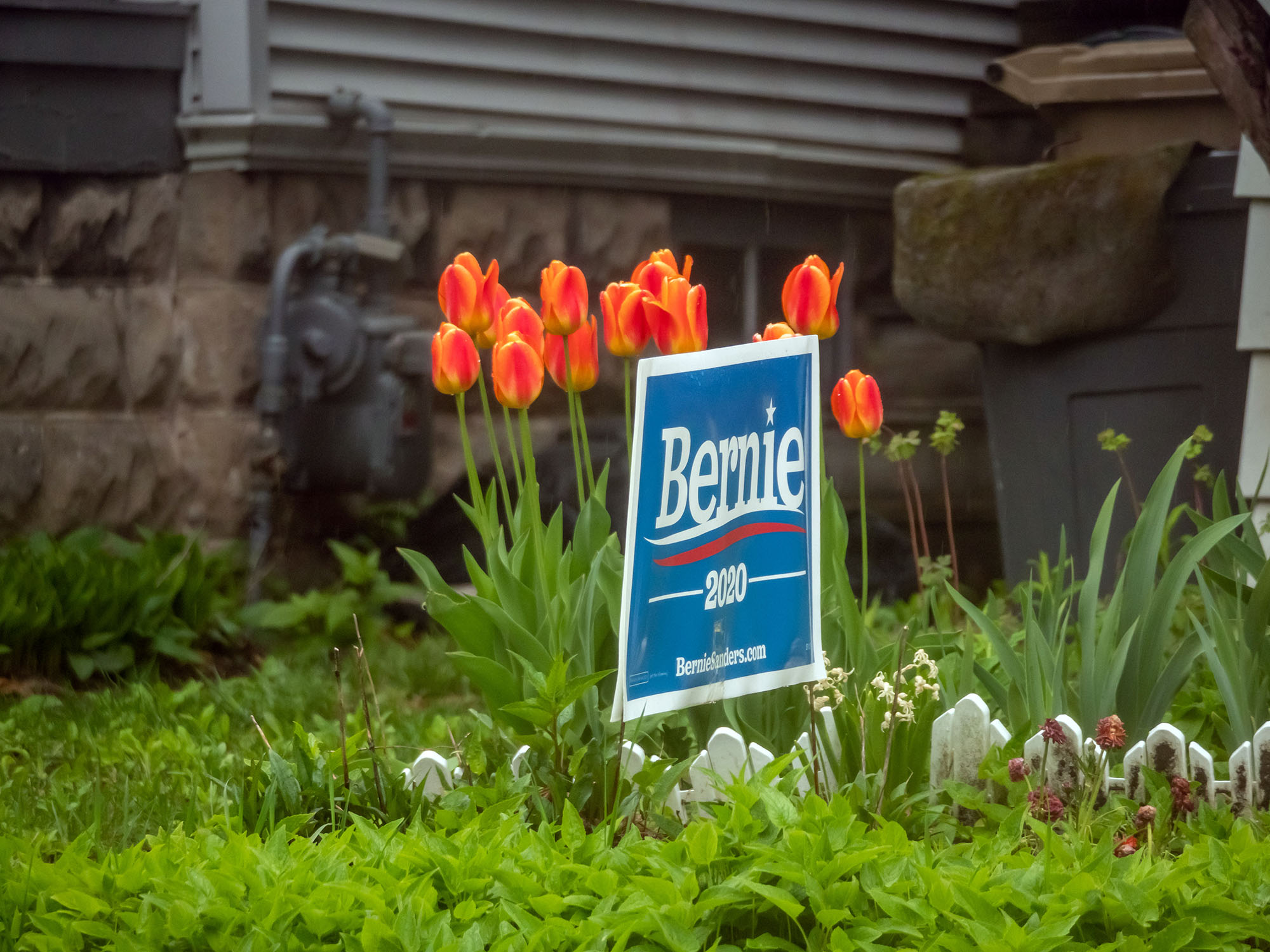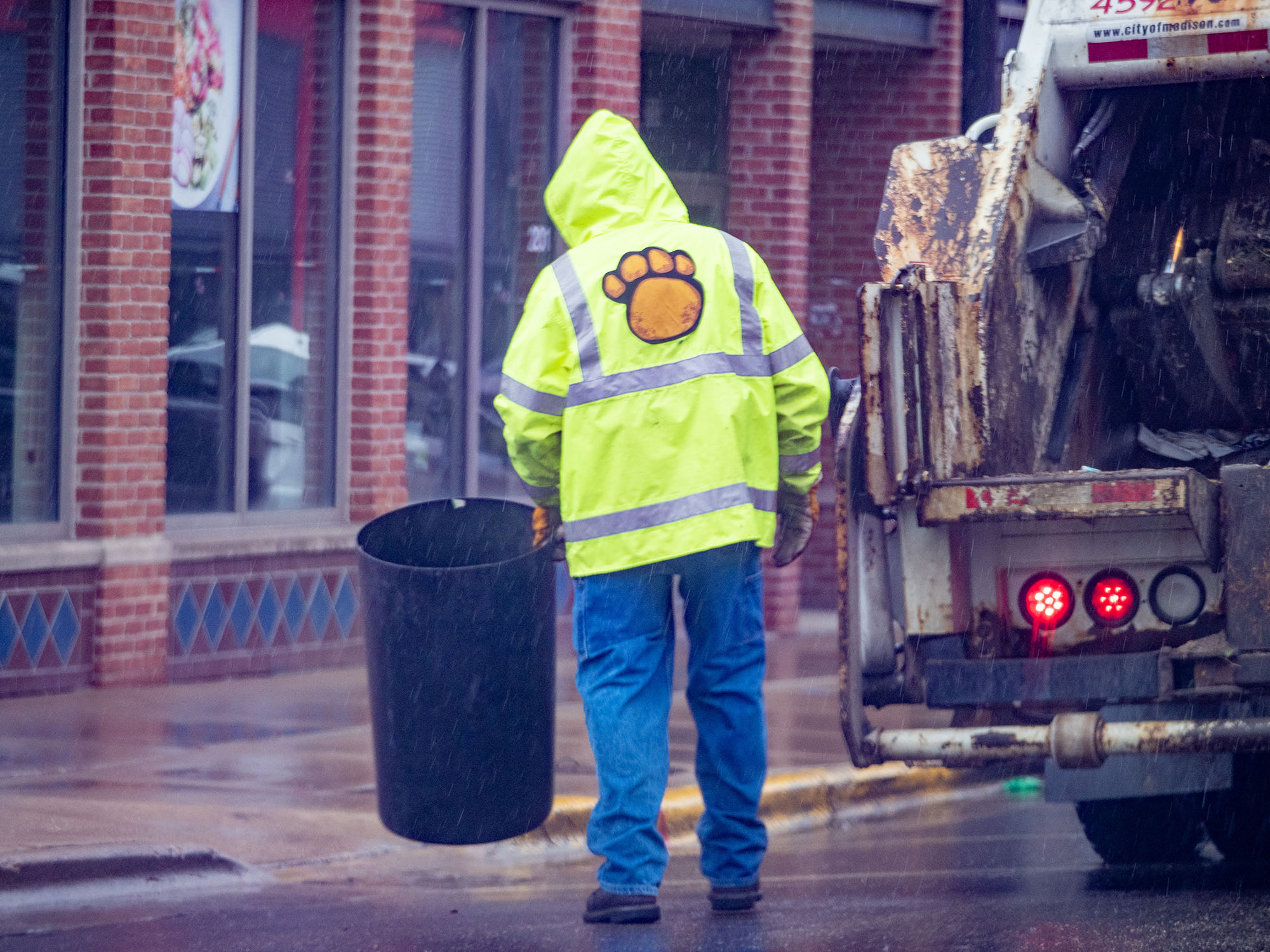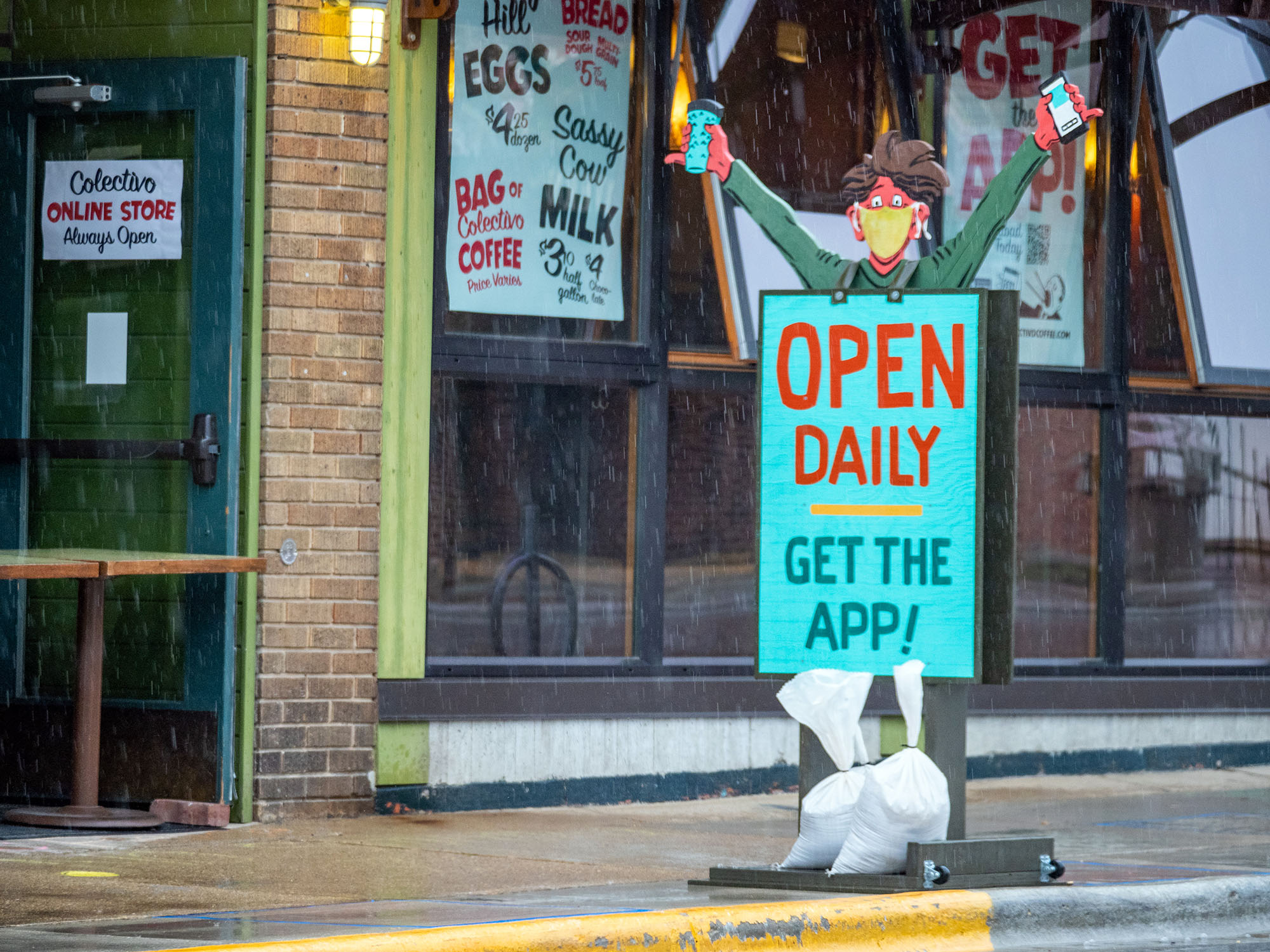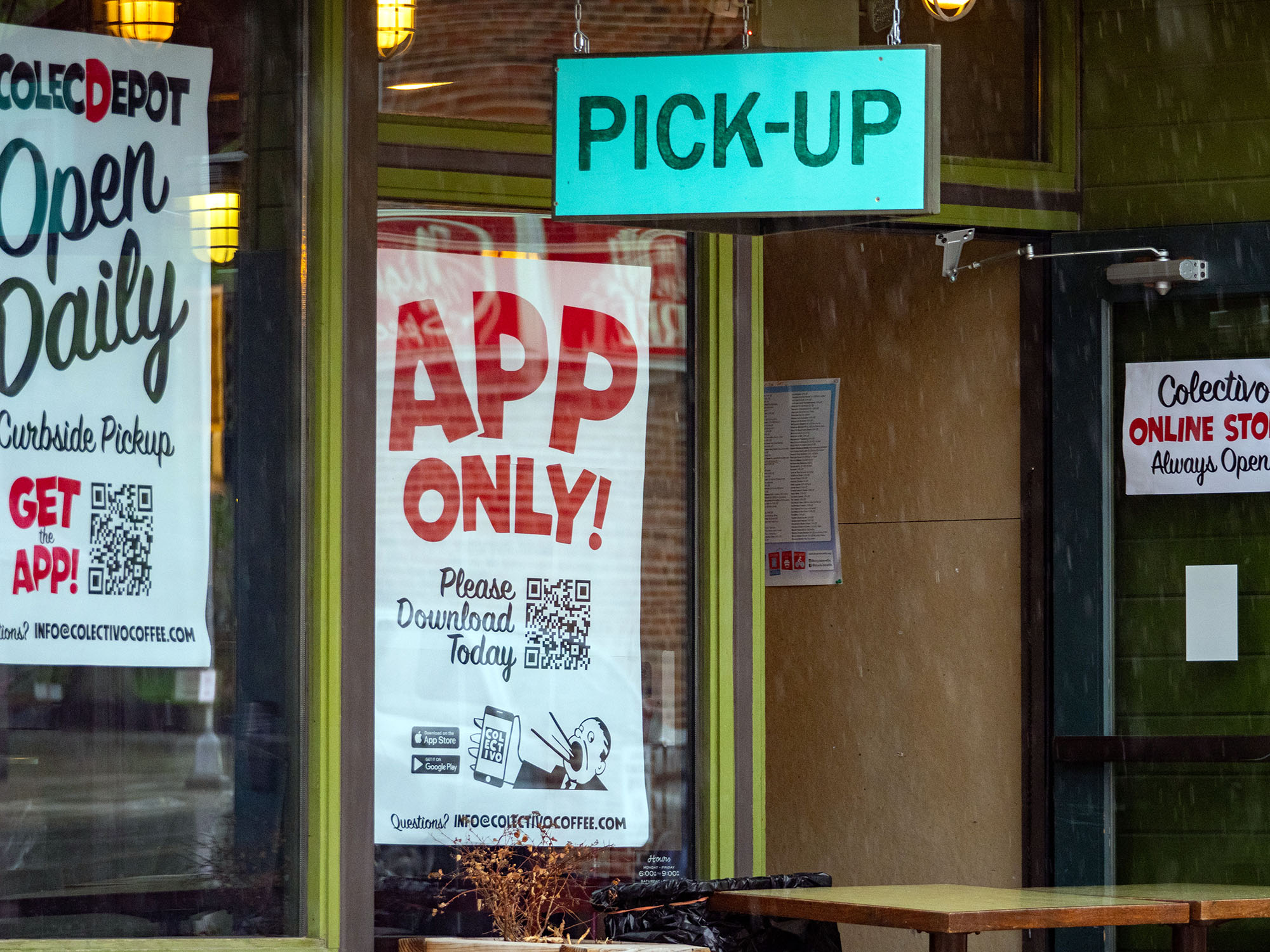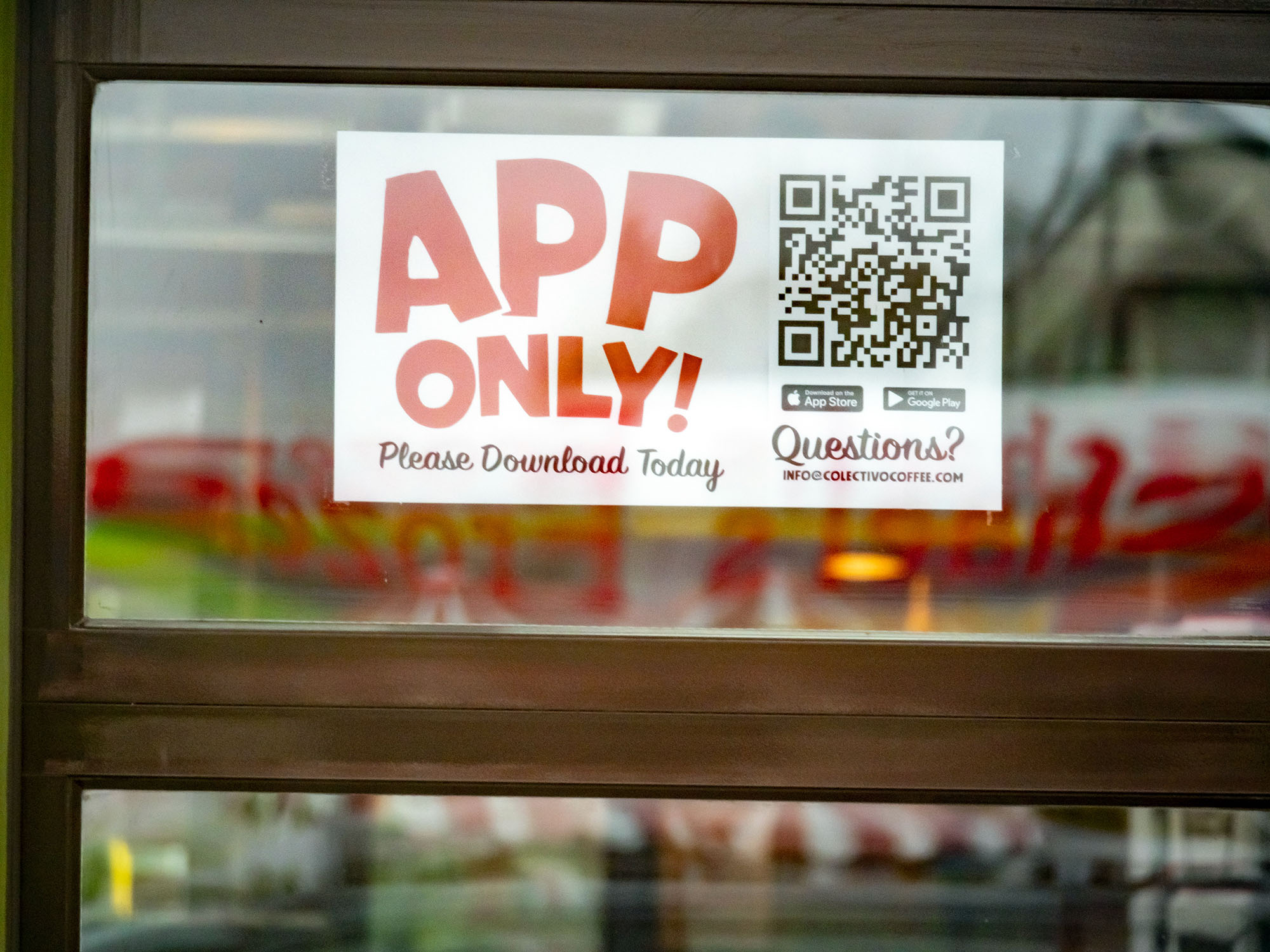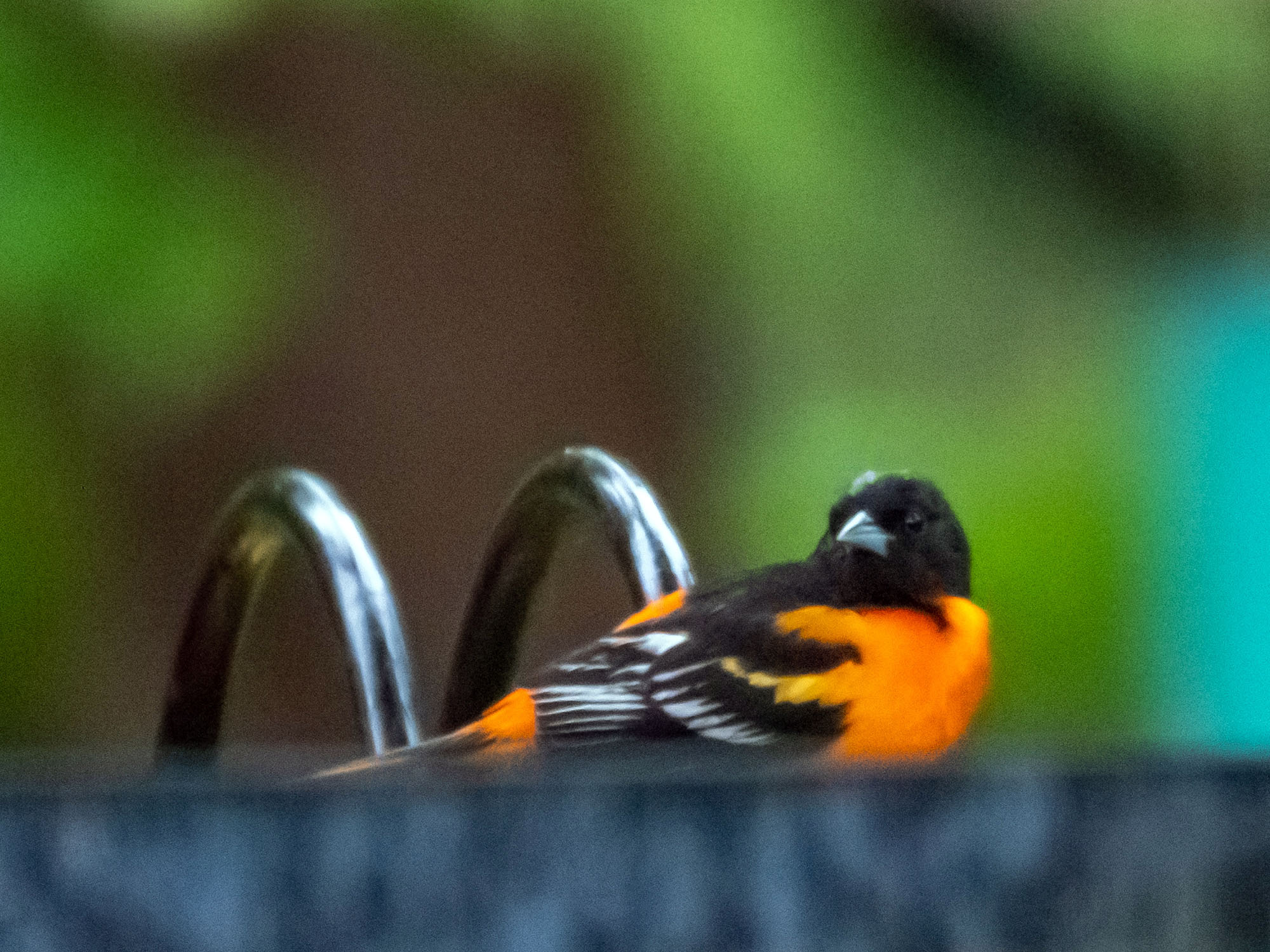Roger Koppl:
If you can keep your head when all about you are losing theirs, you’re not paying attention to the experts. Epidemiologists tell us that if we do not hide in our houses with the door securely locked, hundreds of thousands will surely perish. Economists tell us that if we do not return immediately to work, civilisation will collapse. Good luck figuring out which expert has the better advice. Is it any wonder a harried Michael Gove blurted out (1:02-1:15), “I think the people in this country have had enough of experts from organisations with acronyms saying they know what is best and getting it consistently wrong.”
Expert fear-mongering did not begin with the pandemic or Project Fear. In 1922, John Maynard Keynes warned that “squalor follows” if we do not make the economist “king.” Daniel Defoe complained of the “calculators” and “quack-conjurers” whose fear-mongering “kept up their trade” in London’s plague year of 1665. He shrewdly observed, “And had the people not been kept in fright about that, the wizards would presently have been rendered useless, and their craft had been at an end.”
Defoe complained of quacks and wizards, whereas today’s epidemiologists and economists have rigorous scientific training, mathematical models, advanced statistics, and careful evidence all going for them. True. But today’s scientists are still people. And that means they respond to incentives just like everyone else. The issue is not lying and cheating. Sure, some modern experts are quack-conjurers who lie and cheat. Let’s not mistake a white lab coat for a golden halo. But that’s not the main thing. Even when the experts are trying to be sober, scientific, and scrupulously neutral, they will feel certain pressures.
Think if it were you. You’re an epidemiologist and the prime minister calls to ask you how many will die if we don’t have a lockdown. What do you tell him? You can’t just look up the number. The pandemic is only now taking off and your knowledge of it is correspondingly sketchy. It’s hard to say. Every number is a guess. If you give the prime minister a low number, there will be no lockdown. What if he accepts your low number and we have no lockdown? Maybe everything will be fine. But maybe there will be many more deaths than you predicted. You will get blamed. People will shame you as a bad scientist. And, because you are a good and decent person, you will feel guilty. Blame, shame, and guilt. This is a bad outcome.
If you give him a high number, there will be lockdown. No one will ever be able to say that your estimate was too high, because your estimate assumed no lockdown. Even if a lot of people die during the lockdown you can say, “See? Think how much worse it would have been without the lockdown.” Thus, if you give the prime minister a high number, you will get credit for saving lives. You will be able to take pride in your sterling reputation as a scientist. And you won’t have to feel guilty about lost lives. Praise, pride, and innocence. This is a good outcome. The logic of the situation is clear. You have every incentive to predict doom and gloom if no lockdown is ordered.
It may be that the famous epidemiologist Neil Ferguson, who, until recently, was an important member of SAGE, has felt such pressures in his career. At one point in the pandemic he told a columnist for the New York Timesthat 1.1 million deaths was the “best case” for the US. In 2001 he blasted as “unjustifiably optimistic” a study suggesting that mad cow disease deaths “may peak at 100 cases per year in Britain and kill no more than a few thousand people in coming decades.” Rejecting this relatively optimistic view, he said deaths are in the long-term likely to be much higher at something only slightly less than 136,000. The true number as of June 2014 seems to have been 177. In 2005, he was alarmed by bird flu (H5N1). “Around 40 million people died in 1918 Spanish flu outbreak,” he told the Guardian. “There are six times more people on the planet now so you could scale it up to around 200 million people probably.” That’s a lot more than the World Health Organisation’s estimate for cumulative worldwide deaths, 2003-2020 of, ahem, 455.
